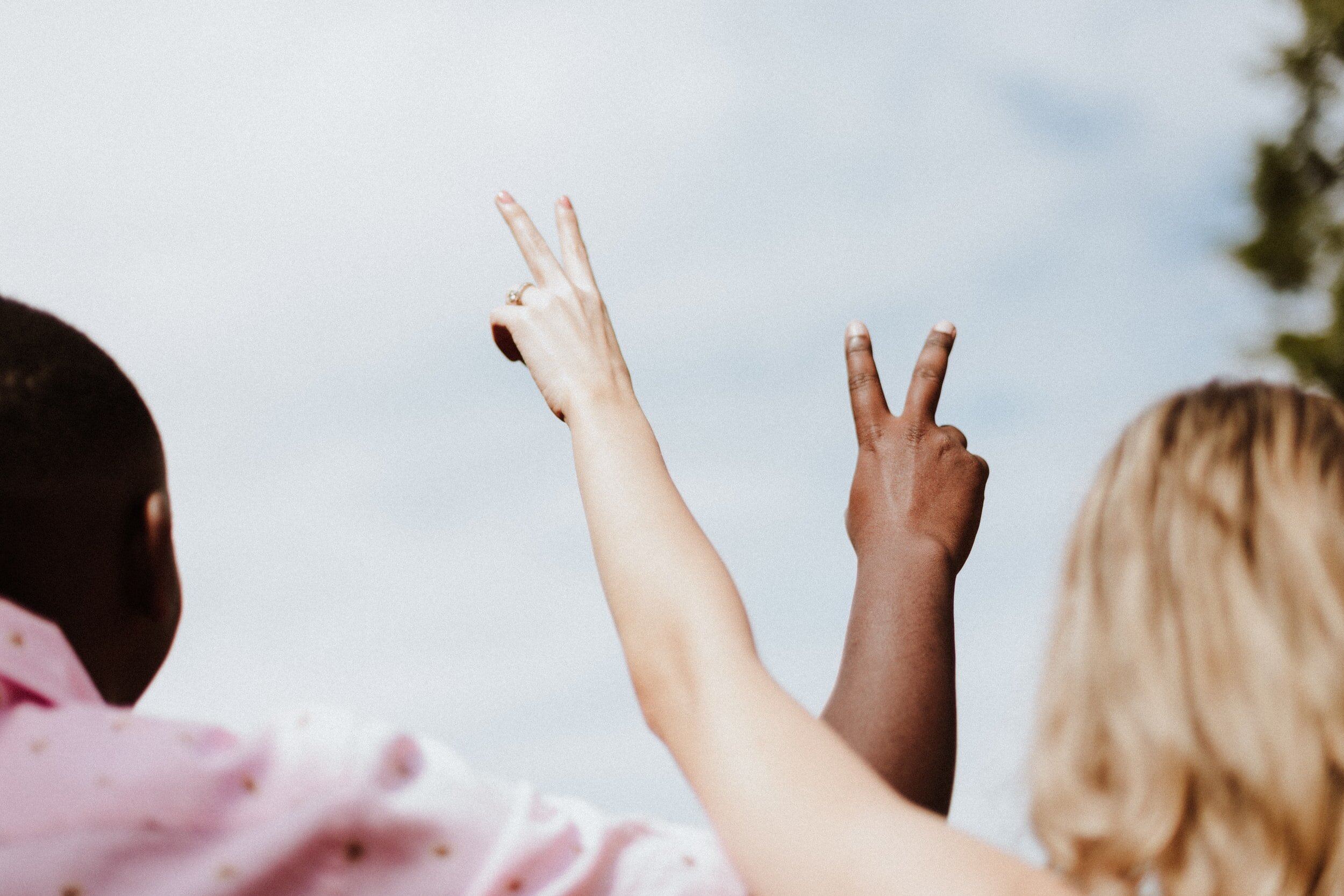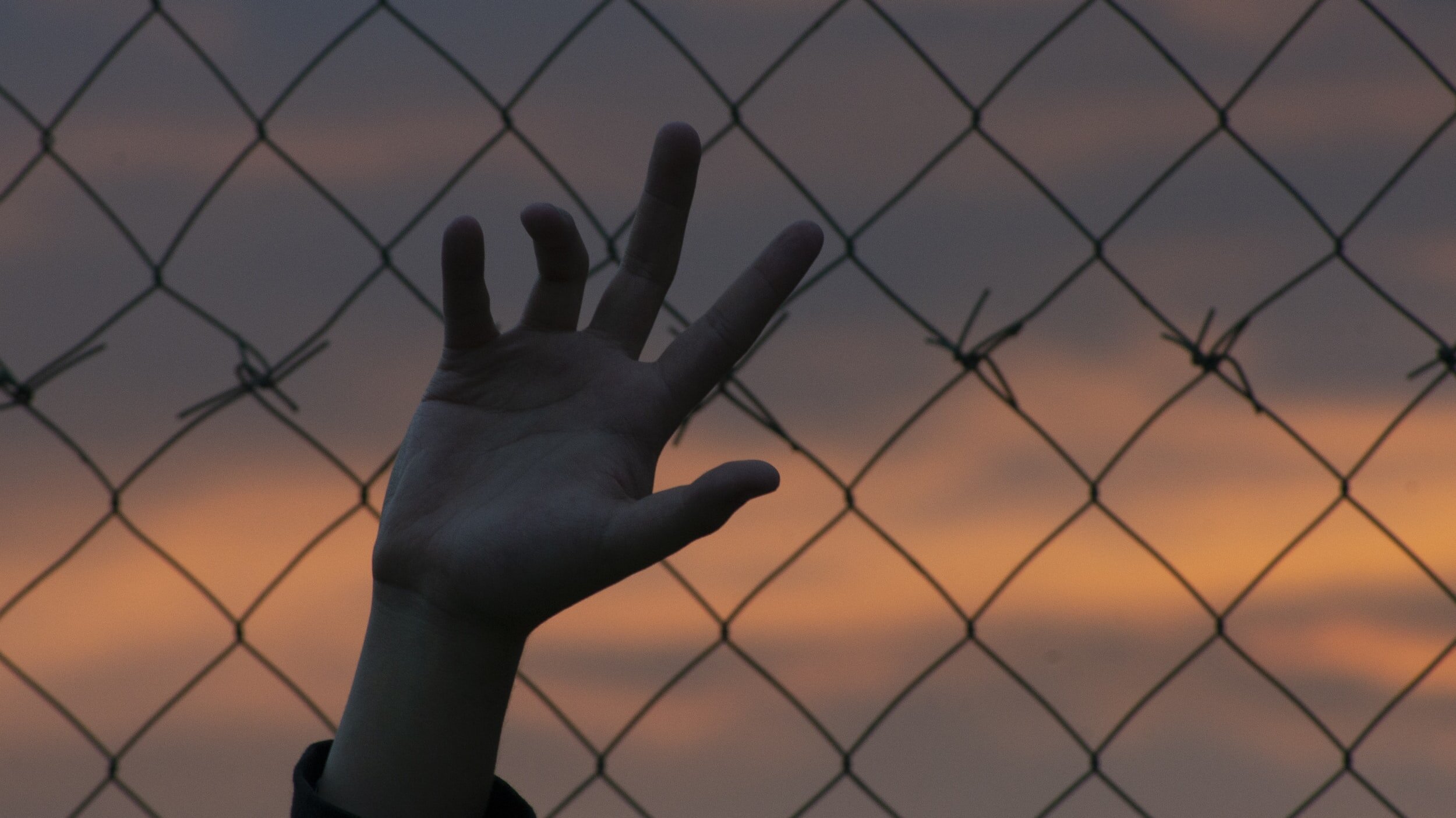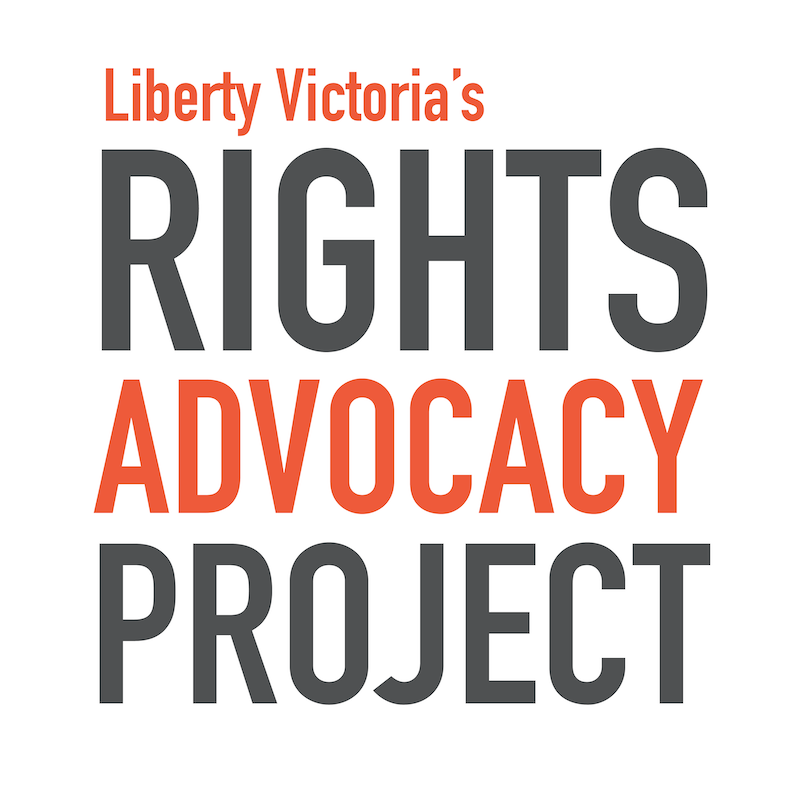
Criminal Justice Reform
What happens to people when they’re released from prison? Does deterrence work? And how do we ensure the criminal justice system doesn’t just entrench social inequality?
These kinds of questions don’t get enough attention. Our criminal laws are there to protect us, but too often all they strive for is punishment, and everyone loses.
We advocate for an evidence-based criminal justice system that respects human rights, prioritises rehabilitation over punishment wherever possible and ultimately leads to safer communities.
Past Projects
-

Unreasonable Grounds: Reforming Victoria Police's Stop and Search Powers
This report critically examines the practice of "no reason searches"—those where Victoria Police are not required to justify or provide grounds for stopping and searching an individual.
The power to conduct such searches constitutes a profound infringement on personal privacy and civil liberties. Given the invasive nature of these powers, they must be subject to stringent oversight and clearly defined criteria to ensure they are used appropriately.
This report underscores the urgency of reforming these powers.
-

Police Panopticon: Zooming in on the Use of Body Worn Cameras by Victoria Police Officers
We all want to feel safe and be treated with dignity. This becomes particularly important when interacting with police officers, both, as a victim of crime or an alleged perpetrator. Therefore, we must always consider mechanisms for improving police accountability.
-

Bail reform
The new bail laws create the risk of injustice, particularly for low-level, repeat offenders. There needs to be a renewed emphasis on tackling the underlying causes of criminal offending and a clear recognition that many offenders are affected by such things as mental health disorders, unemployment, lack of education and homelessness.
Rather than locking up people charged with low-level offences minor and non-violent offences, the Victorian government should be funding programs that address the drivers of criminal offending.
-

Spent Convictions Scheme
In Victoria, the police decide what to disclose in a criminal record check. These checks go to employers, housing providers and insurance companies. With a conviction, these checks can be a roadblock to accessing all manner of life’s necessities.
-

Diversion Schemes
Though diversion programs are theoretically available to all Victorians facing their first minor criminal charge, a key barrier to being accepted into diversion is the requirement that the prosecution consent.
-

Life after Prison
Each year, approximately 6, 000 people are released from prison in Victoria. Most of them are not equipped to deal with life upon release. They often have severe mental and physical health issues, poor employment prospects and, far too frequently, no form of secure accommodation.
-

Prisonor Rehabilitation and Reintergration
Many of RAP’s recommendations made it into the Victorian Ombudsman’s report of the investigation into the rehabilitation and reintegration of prisoners.
-

Addressing discriminatory policing practices
We know that racial profiling has detrimental effects on individuals and communities impacted. We also know that policing should be based on evidence and reasonable suspicion — profiling based on race isn’t just unlawful discrimination, it’s bad policing.
